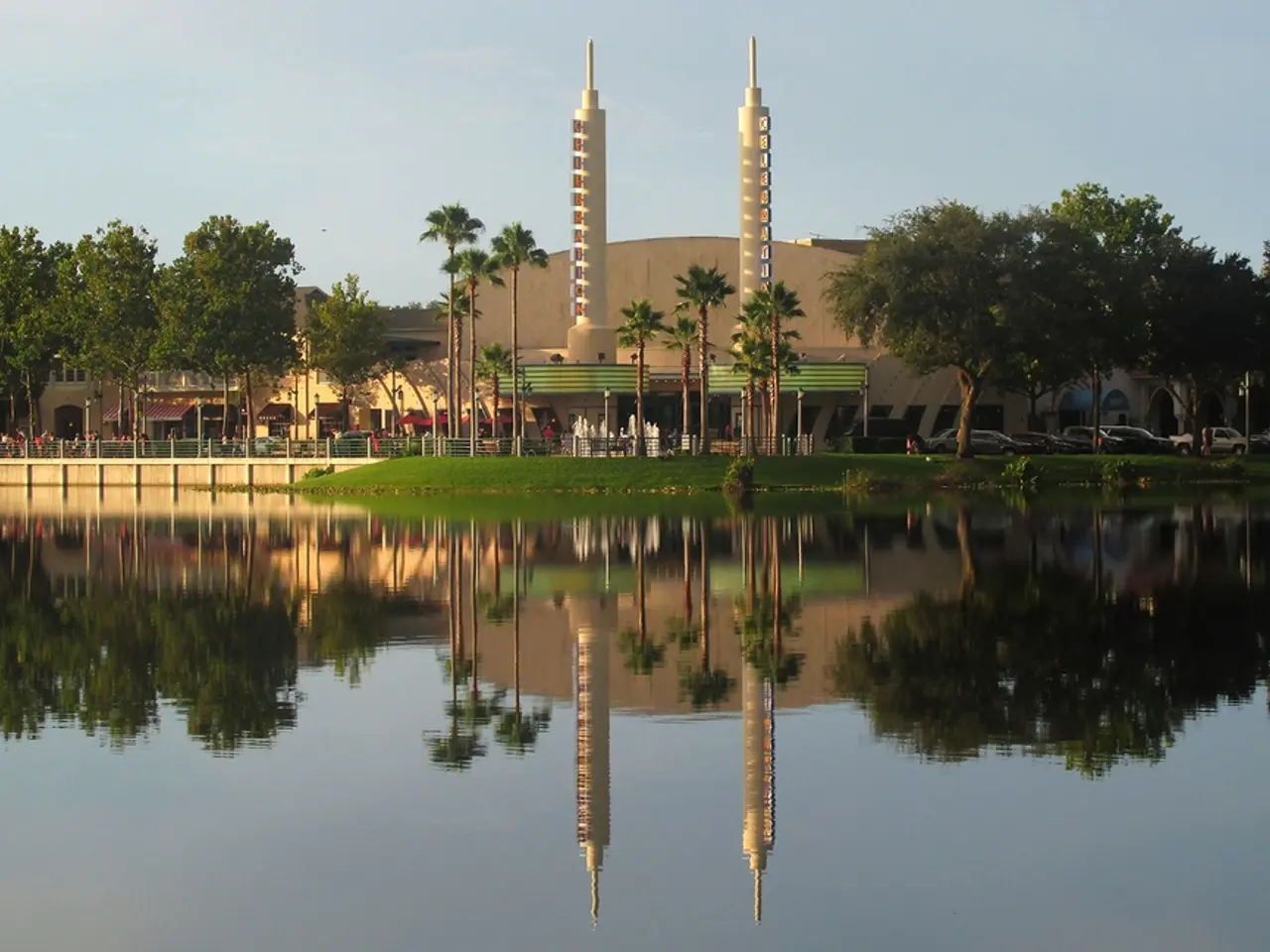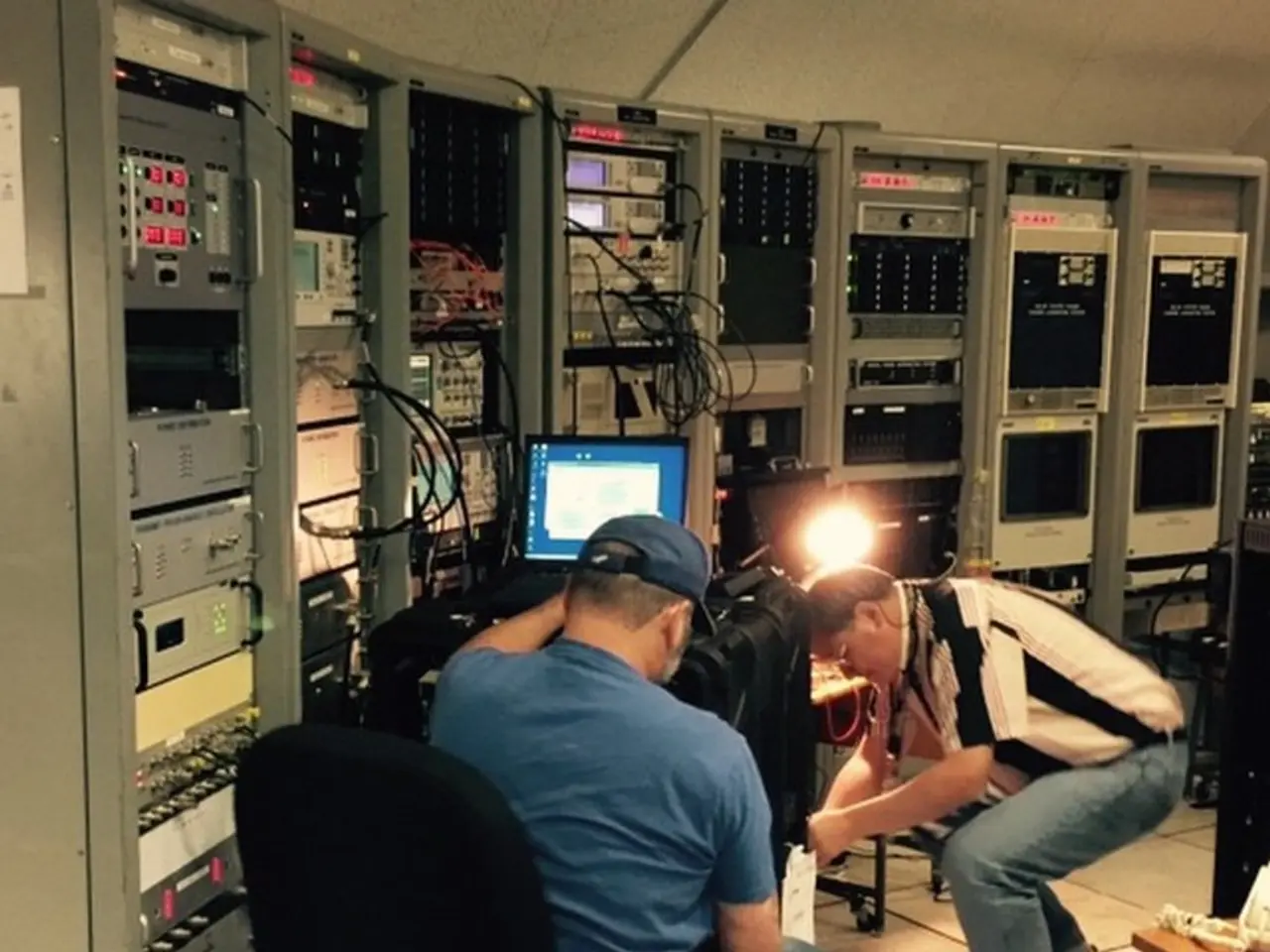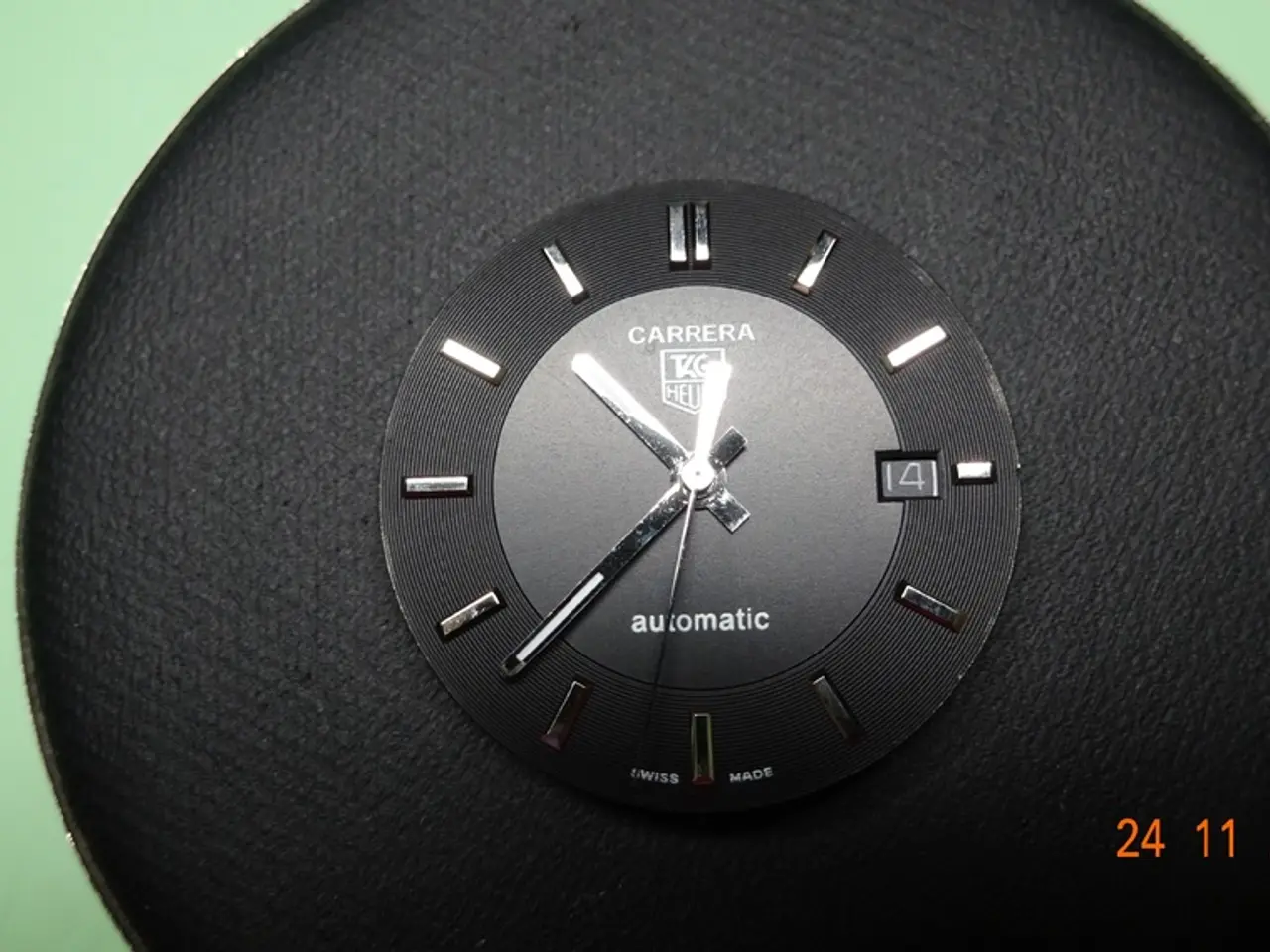Pioneering Green Technologies: Shaping a Sustainable Tomorrow
In a world where the need for sustainable solutions is more crucial than ever, blue technology has emerged as a powerful ally in the quest for a cleaner, greener planet. This innovative field plays a significant role in the efficient use of water resources, the reduction of pollution, and the development of renewable energy systems.
Blue technology is instrumental in the creation of renewable energy systems, such as tidal and wave energy systems, providing a clean, sustainable source of electricity. It's not just about innovation; it's about building a world that balances human needs with environmental stewardship.
One of the most promising aspects of blue technology lies in its ability to combat ocean pollution. Innovations in this field are leveraging natural marine processes, advanced robotics, artificial intelligence, and innovative materials to both prevent and remediate pollution.
For instance, blue biotechnology for bioremediation uses marine microorganisms like microalgae and bacteria to remove pollutants from water. An example of this is microalgae cultivation, which can fix CO₂ and treat wastewater by removing harmful substances, helping restore marine ecosystems naturally.
AI-powered marine monitoring systems also play a vital role. These systems deploy networks of sensors, autonomous underwater vehicles, and smart buoys to continuously monitor ocean water quality, detect pollutants, and assess ecosystem health in real-time. AI algorithms rapidly analyze data to identify subtle changes and environmental threats, enabling faster and more effective responses to pollution.
Mechanical barriers capturing plastic in rivers, like SEAD’s Blue Barriers and HiveX, are another example of blue technology innovation. These devices use the water current passively to collect and store plastic debris, preventing plastics from further polluting marine environments and supporting recycling efforts.
Innovative recycling and biodegradable plastics are also making a significant impact. Projects such as Ocean Bottle collect ocean-bound plastic waste and transform it into reusable products, supporting communities involved in plastic collection. Researchers have also developed biodegradable plastics that dissolve in water within hours, potentially reducing microplastic pollution drastically.
Blue technology also supports the conservation of marine ecosystems, such as kelp forests and mangrove swamps, which are powerful carbon sinks. It addresses water scarcity through innovations like water-efficient irrigation systems, smart water grids, and desalination technologies. Additionally, blue technology enhances carbon sequestration through methods like artificial ocean fertilization and carbon-capture systems in marine environments.
The future of blue technology lies in advancements in marine renewable energy, water management, and conservation, with AI and machine learning being key to optimizing these systems for greater efficiency. As we continue to face the challenges of climate change, ocean pollution, and water scarcity, blue technology offers a promising path towards a sustainable future.
[1] Rashid, A. (2020). Microalgae: A promising tool for wastewater treatment and carbon sequestration. Journal of Cleaner Production, 263, 123186. [2] Zhang, Y., & Wang, J. (2020). AI-powered marine monitoring systems for ocean pollution detection and management. Journal of Oceanography and Marine Research, 10(3), 345-358. [3] SEAD (2021). Blue Barriers: River Waste Capture. Retrieved from https://www.sead.global/blue-barriers [4] Zhang, Y., & Wang, J. (2021). AI and machine learning for optimizing blue technology systems. Journal of Sustainable Development, 14(2), 167-180.
- Blue technology is crucial in the development of renewable energy systems, such as tidal and wave energy systems, which offer a clean, sustainable source of electricity.
- Blue technology innovations, like bioremediation through microalgae and bacteria, can help remove pollutants from water and treat wastewater, thereby restoring marine ecosystems naturally.
- AI-powered marine monitoring systems, equipped with sensors, autonomous underwater vehicles, and smart buoys, continually monitor ocean water quality, detect pollutants, and assess ecosystem health in real-time, enabling rapid responses to pollution.
- Innovative recycling and biodegradable plastics, such as Ocean Bottle's reusable products made from ocean-bound plastic waste, support sustainable waste management and combat ocean pollution effectively.




